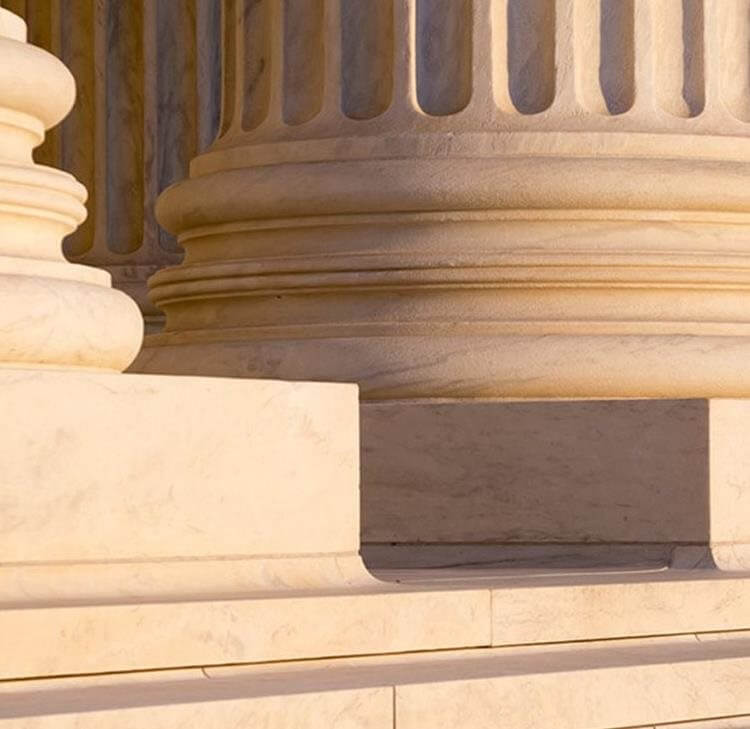In June 2023, the French “Influencer Act” (the Act) was adopted to tackle influencers’ misconduct on social networks. This Act applies to all audiences within France, regardless of where the influencer is.
A key feature of the Act is to forbid advertising connected to health-related products and services, such as cosmetic surgery, and financial services such as sports betting. The Act also ensures influencers are made accountable for their products. This means they should ensure the product they are selling is available and compliant with French and EU rules.
The Act also includes a specific insurance obligation for influencers; namely that they must have a policy with an EU-based insurer to cover the financial outcome of the influencer’s professional civil liability. This applies to influencers outside the European Economic Area (EEA) or Switzerland. The purpose of this requirement is to ensure that influencers have coverage for damage caused to French consumers. Because many influencers are based outside the EU, taking out insurance with an EU-based insurer will allow the damaged party to enforce court decisions through a direct action against the insurer.
However, whilst the Act requires influencers to take out insurance, it does not specify a sanction if the influencer fails to do so; so, it is arguably fairly toothless.
In addition to the insurance requirement, influencers must disclose that their post is an advert by posting “advertising” or “commercial partnership” clearly on the post and ensure it is identifiable and legible.
The Act is not without controversy. The European Commission has notified the French Government that certain provisions of the Act contravene the EU market rules, and it has therefore asked the French government either to amend the Act or request an exemption which should then be notified to other member states. With this Act, France is the first EU country to implement a thorough framework regulating commercial influence.
There also remains a question as to whether an influencer is obliged to take out insurance regardless of how many followers they have. The terms of this have not yet been published but will be issued by the Conseil d’État.
Impact on insurers
Whilst there is still much detail to be resolved, it will be interesting to see whether the Act leads to the creation and marketing of more influencer protection policies, which remain a relatively niche product at present. It will also be interesting to see whether other countries, both within and outside the European Union, follow suit and introduce similar requirements of their own.
Key contact

Tim Johnson
Partner
tim.johnson@brownejacobson.com
+44 (0)115 976 6557









































